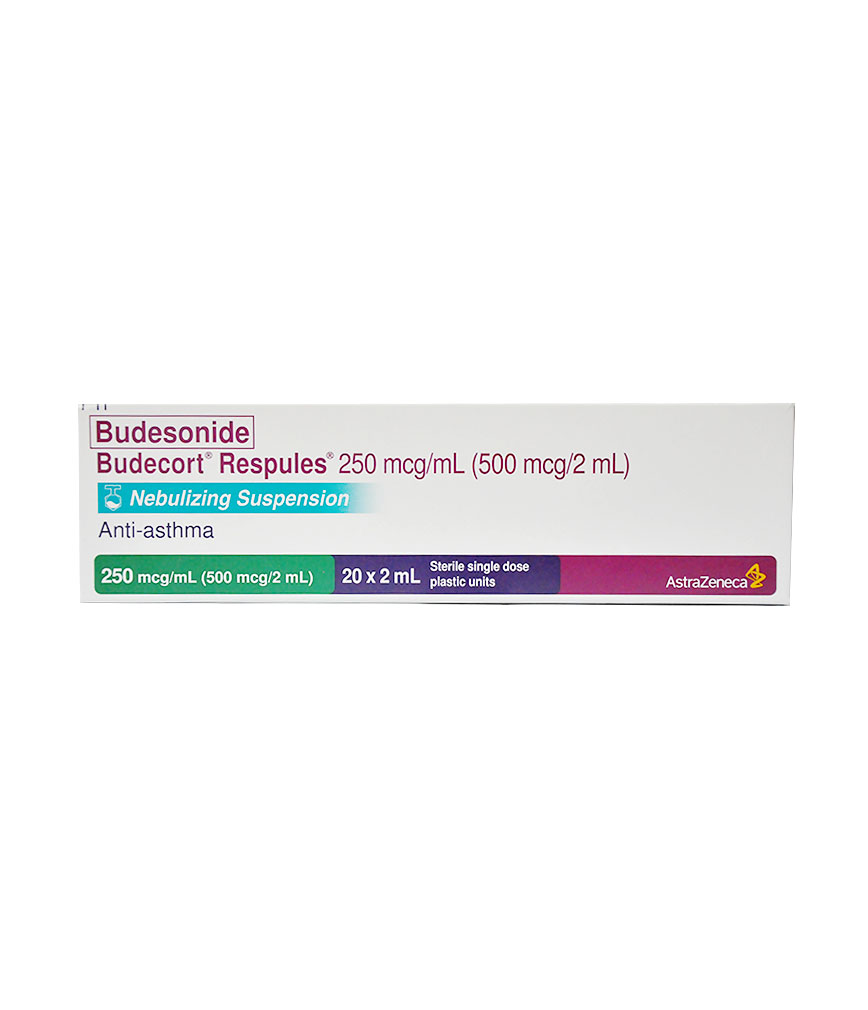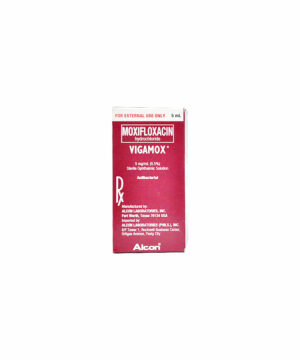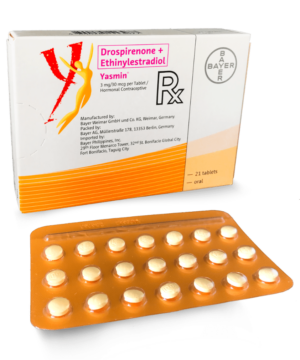Description
QuadTablet Tablet
Indications / Uses : Intensive phase treatment of all forms of pulmonary and extrapulmonary tuberculosis.
Administration : Should be taken on an empty stomach: Take 1 hr before or 2 hr after meals.
Contraindications :Hypersensitivity to rifampicin, isoniazid, pyrazinamide and ethambutol HCl, or any of the components of Quadtab.
Patients with severe hepatic damage and acute gout.
Preexisting optic neuritis from any cause.
Special Precautions :Rifampicin: Intermittent rifampicin therapy may be used if the patient cannot or will not self-administer drugs on a daily basis. Closely monitor patients on intermittent therapy for compliance and caution them against intentional or accidental interruption of prescribed therapy because of increased risk of serious adverse reactions.
Thrombocytopenia has occurred primarily with high-dose rifampicin intermittent therapy, but has also been noted after resumption of interrupted treatment. This effect is reversible if the drug is discontinued as soon as purpura occurs. Cerebral hemorrhage and fatalities have occurred when rifampicin administration was continued or resumed after the appearance of purpura.
As with any potent drug, periodic assessment of organ system functions, including renal, hepatic and hematopoietic, should be made during long-term therapy.
Isoniazid: Periodic ophthalmologic examinations during isoniazid therapy are recommended even when visual symptoms do not occur.
Pyridoxine administration is recommended in individuals likely to develop peripheral neuropathies secondary to isoniazid therapy. Prophylactic doses of 6-50 mg of pyridoxine daily have been recommended.
Pyrazinamide: Pyrazinamide inhibits renal excretion of urates, frequency resulting in hyperuricemia, which is usually asymptomatic. If hyperuricemia is accompanied by acute gouty arthritis, pyrazinamide should be discontinued.
As with any potent drug, periodic assessment of organ system functions, including renal, hepatic and hematopoietic, should be made during long-term therapy.
Ethambutol: Ethambutol may damage vision. Test vision before and regularly during administration. Ethambutol may produce optic neuritis, which causes eye pain, decreased visual acuity, general loss of vision, central and peripheral constriction of visual fields, and loss of red/green color perception. If the patient has any indication that the perception of color or the sight is deteriorating, treatment must be stopped immediately and the doctor consulted. Do not give ethambutol to any patient too young to understand this warning or who cannot communicate any visual problems (usually <6 years old).
Whenever possible, assess renal function before and regularly during treatment. Ethambutol will have increased serum concentration and prolonged half-life in patients with renal impairment. In a patient with renal impairment, reduce ethambutol dose according to the drug serum concentration.














Reviews
There are no reviews yet.